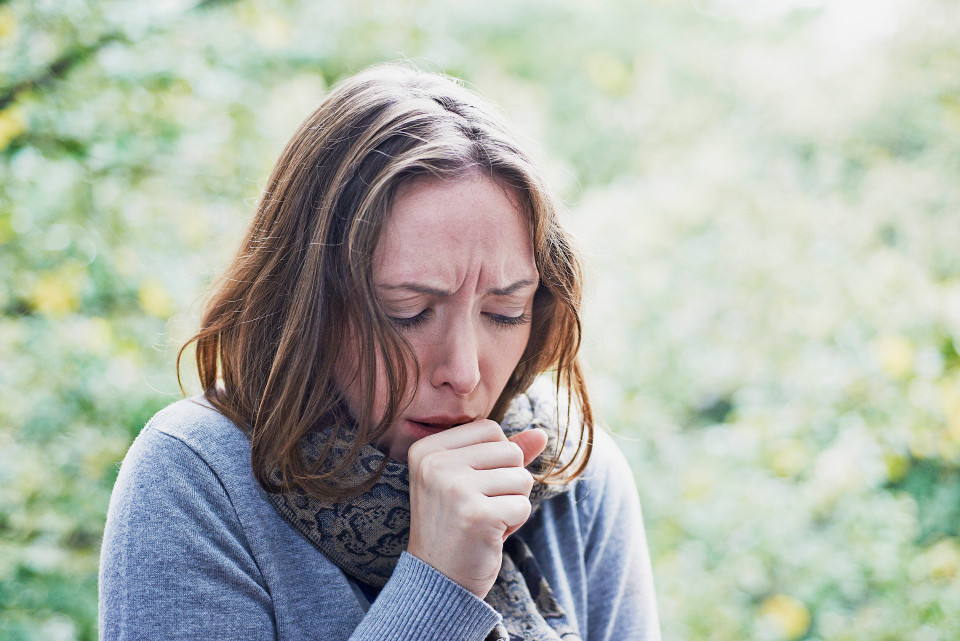Cholera Makes a Fearsome Comeback, Spurring Global Health Alert FOR IMMEDIATE RELEASE
2025-09-10
Cholera Makes a Fearsome Comeback, Spurring Global Health AlertFOR IMMEDIATE RELEASE
Global health authorities are sounding the alarm as cholera, a acute diarrheal illness long considered a preventable threat, is experiencing a severe and widespread resurgence across multiple continents. A "perfect storm" of climate change, conflict, and poverty is fueling the worst outbreaks the world has seen in over a decade.
The World Health Organization (WHO) and UNICEF report a significant surge in cases, with numerous countries across Africa, the Middle East, South Asia, and the Caribbean grappling with active, often explosive, outbreaks. The situation is particularly dire in regions already weakened by humanitarian crises and lacking access to clean water and sanitation.
A Disease of Inequity
Cholera is caused by ingestion of food or water contaminated with the bacterium Vibrio cholerae. It spreads rapidly in areas with inadequate sewage treatment and unclean drinking water. While often treatable with prompt rehydration, it can kill within hours if left untreated.
"The resurgence of cholera is a tragic indicator of human suffering and a clear sign of the failure to ensure all people have access to the most basic of human needs: safe water and sanitation," said a spokesperson from the Global Health Task Force. "It is a disease that disproportionately affects the poorest and most vulnerable communities."
Key Drivers of the Current Crisis
Health experts point to several interconnected factors:Climate Change: An increase in extreme weather events, including cyclones, floods, and droughts, is disrupting water sources and sanitation infrastructure, creating ideal conditions for the bacteria to spread.Humanitarian Crises: Conflict and political instability force populations into overcrowded displacement camps with severely limited access to clean water, hygiene facilities, and healthcare.Strained Global Vaccine Supply: The overwhelming demand has depleted the global stockpile of oral cholera vaccines, forcing health organizations to ration doses and switch from a two-dose to a single-dose strategy in some areas to extend coverage.Gaps in Primary Healthcare: Weak public health systems in affected regions struggle with surveillance, early detection, and mounting an effective response.The Path Forward: A Call for Coordinated Action
International agencies are urging a multi-faceted response:Scaling Up Prevention: Immediate focus is on improving access to clean water, sanitation, and hygiene (WASH) in high-risk areas. This is the only sustainable long-term solution.Strengthening Healthcare Systems: Supporting local clinics with supplies, training, and resources to manage cases and prevent fatalities through simple and effective rehydration therapy.Bolstering Vaccine Production: Investing in and diversifying the manufacturing base for cholera vaccines to meet the unprecedented global demand.Enhanced Surveillance: Improving data collection and monitoring to quickly identify and contain new outbreaks before they spiral out of control."The world has the tools and knowledge to defeat cholera," the statement continued. "What is required now is the political will, international solidarity, and urgent investment to prevent this ancient disease from claiming lives in the 21st century. We must act now."
























